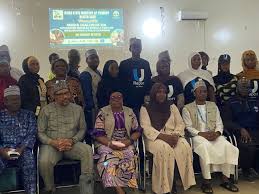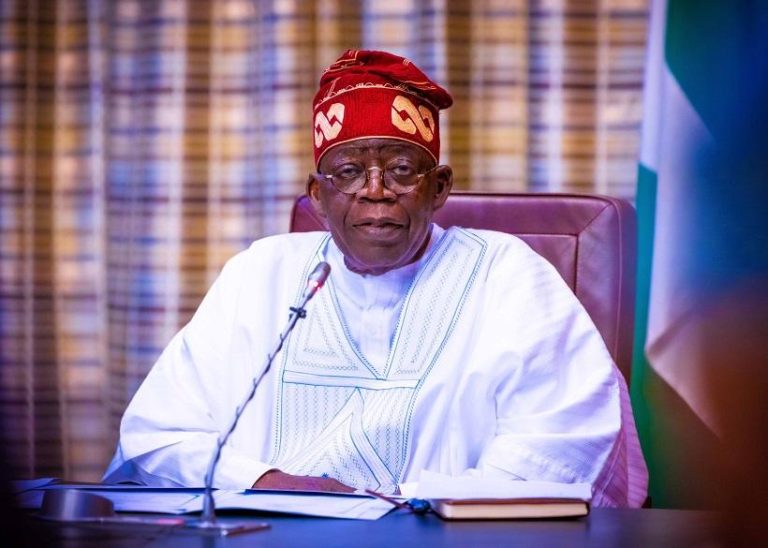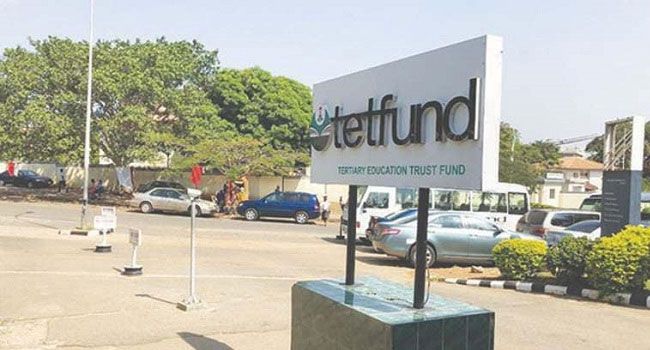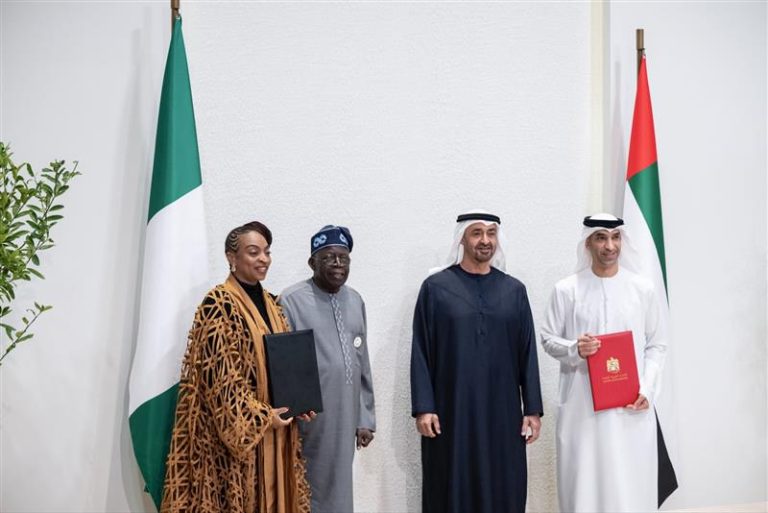
As Nigeria prepares for the nationwide rollout of the Measles-Rubella (MR) vaccination campaign, the Niger State Government has urged the media to take a frontline role in mobilising communities and promoting accurate information about the exercise.
The call was made during a media dialogue on immunisation organised by the Niger State Ministry of Health in collaboration with development partners, including UNICEF, the World Health Organization (WHO), and Gavi, the Vaccine Alliance, in Minna, the state capital.
Speaking at the event, the Incident Manager of the State Polio Emergency Operations Centre, Fatima Ibrahim, said the introduction of the MR vaccine marks a major step forward in Nigeria’s efforts to eliminate preventable childhood diseases.
“Measles remains a major cause of illness and death among children under five, while rubella can cause lifelong disabilities when contracted during pregnancy. This new vaccine gives us a stronger, safer, and more effective way to protect our children and communities”, Fatima said.
She explained that the Measles-Rubella vaccine is free, safe, and government-funded, targeting children aged 9 months to 14 years across the state.
Fatima praised the efforts of both federal and state governments and commended partners such as UNICEF, WHO, and Gavi for their continuous support in strengthening Nigeria’s immunisation systems.
Highlighting the importance of strategic communication, she appealed to the media to help dispel myths and misinformation about vaccines.
“The success of this campaign depends on how well parents understand its benefits. The media has the power to drive that understanding and ensure every child is reached,” she said.
In her remarks, the Chief of UNICEF Kaduna Field Office, Gerida Birukila, represented by Ahmed Tsofo, reaffirmed UNICEF’s commitment to supporting the campaign and empowering journalists with accurate health information.
“You are trusted voices in your communities,” she told journalists. “By sharing verified, factual messages, you can help parents see vaccination as a duty of care and love for their children.”
The media dialogue ended with a renewed commitment from journalists and health stakeholders to work together in ensuring the successful implementation of the Measles-Rubella campaign across Niger State and beyond.
Public health officials noted that the campaign aims to reduce child mortality and prevent disabilities caused by measles and rubella, diseases that remain significant public health concerns in Nigeria.



